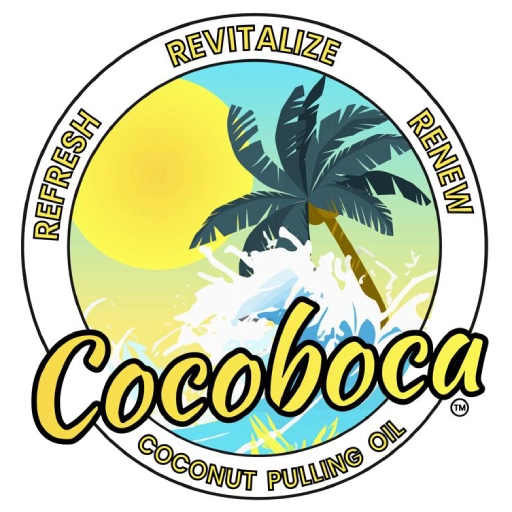Get In Touch

Frequently Asked Question!
Oil pulling is an ancient practice that involves swishing a tablespoon of coconut oil in your mouth on an empty stomach for 15-20 minutes. This action is believed to pull out toxins, bacteria, and debris from your mouth and throat, improving oral and overall health. The theory is that the lipophilic (fat-loving) oil attracts and traps lipophilic components of bacteria membranes, effectively removing them from your mouth when you spit out the oil.
The benefits reported by those who practice oil pulling include whiter teeth, reduced plaque and tartar buildup, healthier gums, fresher breath, and relief from certain oral diseases. Some also report systemic health benefits like improved digestion, clearer skin, and a reduction in headaches, though these claims vary from person to person.
For best results, it’s recommended to practice oil pulling daily, typically in the morning before eating or drinking anything. Consistency is key to observing the benefits of oil pulling, as most people report noticeable improvements after a few weeks to a month of regular practice.
While many types of oil can be used for oil pulling, cold-pressed, unrefined coconut oil is often preferred due to its pleasant taste and high lauric acid content, which has antimicrobial properties. Sesame oil and sunflower oil are traditional choices that are also effective. Whichever oil you choose, ensure it is high quality and suitable for consumption.
It helps in whitening teeth, reducing plaque buildup, combating bad breath, and preventing gum diseases like gingivitis. The antimicrobial properties of coconut oil also help in fighting harmful oral bacteria.
Many users report a noticeable whitening of their teeth after consistent coconut oil pulling, thanks to the high lauric acid content and its ability to remove stains and plaque. While some people report immediate improvements in breath freshness and oral cleanliness, other benefits such as whiter teeth and reduced gum inflammation may take a few weeks of consistent practice to become noticeable.
Get In Touch
Find Us
Follow Us

